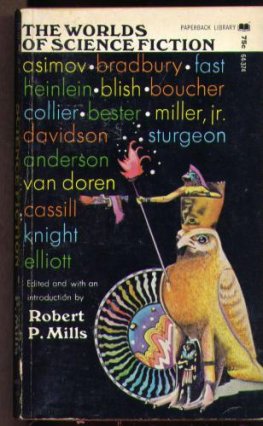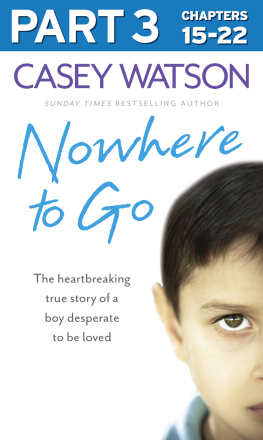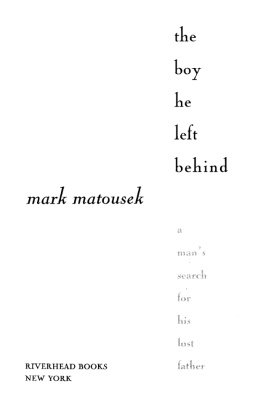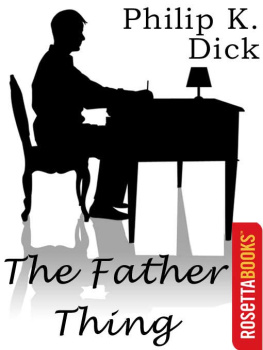The Quick and the Dead
Gerald Bullett
T. L. Poulton

To
Harry and Winifred Roberts
Wrath, by his meekness,
(And, by his health, sickness)
Is driven away
From our immortal day.
WILLIAM BLAKE
Contents
A Portrait of Calamy
In imagination, not in memory, I can picture the scene vividly enough: Calamy patient and puzzled; his young wife hesitating between temper and tears, not knowing which will the better serve to carry her across a difficult moment. If youd been anything but a blind old bat, Robert, youd have known without telling. Clauds the very spit of his father, as it happens. It is all so clear to me that since I was not present at the strange interview, being indeed something less than six years old at the time, it must be that I have had some sort of account of it in later years, and that my intimate knowledge of both personsof Calamy, of my mother his wifehas quickened a bare record into the semblance of a living memory. Calamy sits in his little shoemakers shop with a boot in his hand. He peers over his spectacles, mildly but with pain, at the young woman who, with a light word, and from God knows what frivolous impulse, has robbed him of his only child, cheated him of fatherhood. The door of the shop is open, and the bright day sends a broad shaft of light into the small dim room. Calamy, his eyes filled with that news from another world, can see no cause for anger against the woman. He feels that he does not know her, cannot read her heart, cannot find any way out of his own perplexity. He is sharply aware of nothing but his own loneliness in a world of strange faces. For Essie herself is suddenly and terribly alien to him: she is no longer his Essie, the familiar wife of a seven years marriage, but a queer unaccountable woman who has smilingly deceived him all that time, consorting with an unknown man, bearing the strangers child, and keeping her counsel. Calamy cannot understand her at all. But why didnt you tell me before, Essie? Why did you let me thinkall these years?
It was on the heels of some such conversation, I always imagine, that I, that morning, went running into the shop from the breakfast-table where my mother had left me. And here history begins, and conjectureexcept such conjecture as inextricably mingles with memorytakes a minor part in my symphony. My mother, with an unhappy smile twisting her lips and a false brightness in her eyes, came back into the house as I went into the shop. We met and passed, exchanging neither word nor glance, each of us being busy with private preoccupations. I, with no thought but to watch my father at work for a few minutes before passing on to some other pursuit, planted myself within a yard of Calamys elbow and stared gravely. He was then something less than forty, twelve years older than his wife. Rather a short thick-set man, blunt-nosed, round-featured, bearded, and looking older than his years. An erratic tuft of whisker sprouted from each cheekbone; the eyebrows were heavy, the hair already sparse. I see now that to an outsider he may have presented a slightly comic appearance; but to me he was my father, and half my world. He was a rural rather than an urban type, though he had lived the best part of his life within fifteen miles of London City. The whole scene, indeed, was, if one chooses to think it so, ridiculously old-fashioned and in the Victorian manner (fittingly, for the Queen still reigned): Calamy the shoemaker, middle-aged (at least in appearance), bespectacled, dressed for the part, and with a boot held idly on his knees; and myself, a six-year-old child, watching him. Familiar though they were, I had never ceased to take pleasure in his apron, his last, his sharp knife, his cobblers wax, his dexterity, and the kindness crinkling about his eyes. And the smell of the shop, which seemed to hold all these delights in essence, was a conscious satisfaction to me, so that still, whenever I encounter it, I am back again in the house of my childhood.
He sat so silent, so still, so unregardful of me, that I was moved to put a question.
What are you doing, Robert?
It amused him to be so addressed by his infant son, and I expected nothing less than a smile in acknowledgement of my sally. But though he looked up at me he did not smile.
Eh? said Calamy.
He met my look with eyes that seemed vacant of any knowledge of me; then, as I began to be frightened and he saw it, his mind came back as from a long wild journey and he looked at me intently. Intently and with curiosity, not as he had ever looked at me before.
Dont youdont you know me? I asked. The question slipped out involuntarily. It had not beennothing so dreadfulin my conscious mind. It came from some wise secret corner of a childish and fearful heart, and the tongue had seized and uttered it without my knowing.
At my question his look changed again. Kindness came suddenly into it.
Has Mother been telling you something? he asked.
I shook my head. And could think of nothing better than to ask him again what he was doing. It was the boot that troubled me. It was against all expectation and reason that a boot should lie neglected in my fathers lap. I wanted to see him at work on it. To make all things clear, I pointed accusingly.
He put the boot aside. Shall I make you a little pair of bootsboots for a fairy, eh?
Im not a fairy, I said.
For once I had mistaken his meaning, but he seemed to find a strange meaning in my answer, for he pondered it in a silence that endured longer than my patience.
A doll then, he said at length. Havent you a doll that would like a new pair of boots? Run and ask them.
Oh yes, I cried. Jacko wants a new pair. He told me so this very morning. This was the kind of conversation I understood. I could not have too much of it. Will you please make some for him, Father Calamy?
Calamy pretended to be very busy. This was all part of our game. Eh? New boots? Well, well see. What size does he take, this child of yours?
We discussed that point in man-to-man fashion. Calamy, meanwhile, was quietly setting to work. First he cut out, with infinite delicacy, a pair of lilliputian bootsoles measuring perhaps an inch from end to end. Enchanted by their promise I resolved that no Jacko, no doll, could ever deserve them; and there flashed into my mind the idea of making a new person, a puppet of my own creation, that should be worthy of them. I would make him from the feet upwards. (And, in the event, I did sothe first time in history that a man has grown up out of his own boots.)
Hows that for a start? said Calamy, but more to himself, I thought, than to me.
I clapped my hands and began dancing delightedly. I had forgotten that I was the grown-up father of a family. The uppers were now being fashioned out of two thin slices of leather; holes were drilled down their front; laces of black thread were inserted. The soles were made smooth and shining underneath, the rest blackened and polished. And the result was a pair of boots so minute, so perfect, so clamorously suggesting the fellow that must ultimately walk in them, that it seemed to me a miracle. I did not then, for all my precocity, realize how great a miracle.
Lost in rapture over the completed work of art, I did not at once become aware that Calamys watching eyes had lit up once again with that old, disconcerting light of inquiry. But at last I looked up and met his gaze, and the darkness of another world, an adult world of hunger and desolation, came beating with strong wings about my moments joy.











